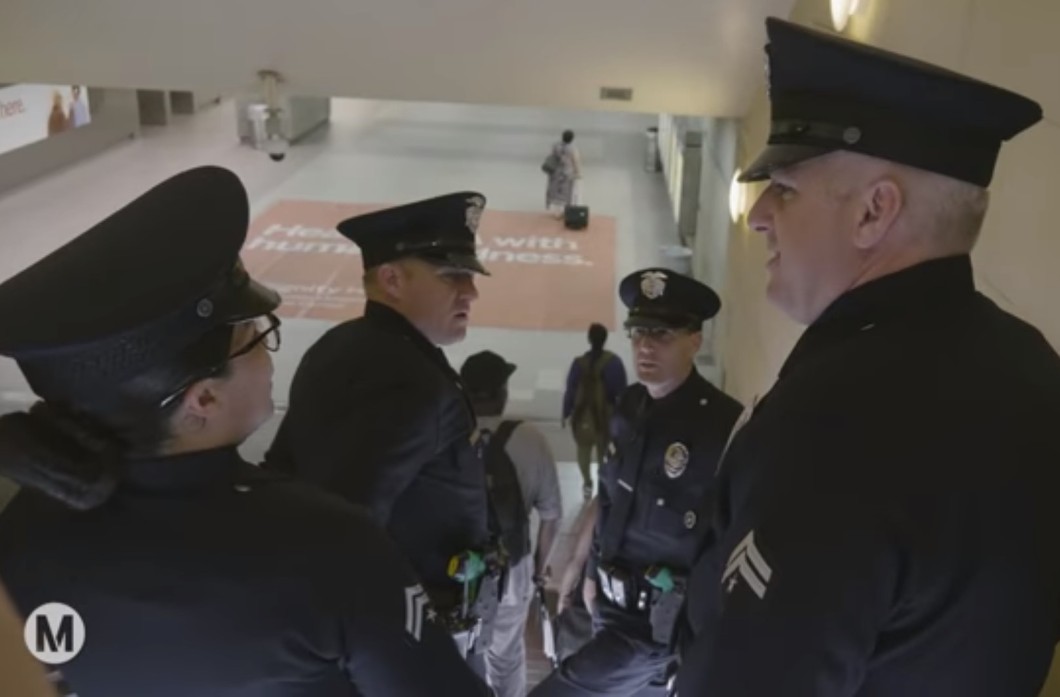Californians can't be blamed for feeling a bit of déjà vu when they see yet another rent control measure on their ballot. Prop 21 is essentially round two of the ongoing battle between affordable housing advocates and Wall Street real estate corporations looking to maintain their profits by restricting local governments from imposing, implementing, or updating rent control laws.
The current state statute that limits rent control in California is the Costa-Hawkins Rental Housing Act, which was passed in 1995. The basics of Costa-Hawkins can be broken down into three provisions:
- Cities, counties, or any form of local government cannot enact rent control on any residential properties occupied after 1995.
- All apartment units built after 1995, as well as condominiums and single-family dwellings, are exempt from rent control.
- Landlords may increase rent as high as the market will bear when a unit is vacated by the tenant. This is supposedly to prevent units from being taken off the market.
In 2018, 59 percent of voters rejected Prop 10, which would have repealed the Costa-Hawkins Rental Housing Act. Prop 21, known as the Rental Housing Affordability Act, aims instead to amend Costa-Hawkins by updating its restrictions on local governments. It would:
- Amend the age of rental units subject to rent control. Instead of applying only to rental properties built prior to 1995, it would allow rent control to be imposed on properties that are fifteen years old or older. That would create a sliding age cap, allowing properties to age into rent control protections, rather than pinning the rule to a particular year.
- Grant protections for small landlords. Individuals who own no more than two residential properties - including their own home - would be exempt from any new rent control policies.
- Protect a landlord's right to a fair financial return while managing vacancy control. When a rent-controlled property is vacated by its tenants, a landlord may increase its rent at the start of a new tenancy by up to fifteen percent, spread out over the subsequent three years. A new law that went into effect in January, A.B. 1482, already caps annual rent increases at five percent plus inflation per year or ten percent without inflation, whichever is less.
Wall Street Money
Wall Street’s biggest real estate corporations want to make sure Prop 21 goes nowhere, and have been spending a lot of money to blow smoke at California voters. For example, they have funded ads saying that updating rent control laws will not solve the affordable housing crisis, nor help specific populations such as veterans.
Corporate landlords see any amendments or changes to Costa-Hawkins as a direct attack on the billions in profits they’ve been making by buying up foreclosed homes and turning them into rental properties that are exempt from rent control restrictions.
The largest donors to bankroll the ‘No on 21’ effort are some of the largest and wealthiest Wall Street real estate corporations in the nation. The Blackstone Group, Geoffrey Palmer, Essex Property, Equity Residential, AvalonBay Communities, and others have injected tens of millions of dollars into fighting any new housing or rental laws to be passed in California. Many of these corporations own tens of thousands of California rental properties that produce billions in profits.
The demand for single family residences is increasing, especially under shelter-at-home COVID orders. However, there is a shortage of homes for sale in part because corporate landlords have been buying up foreclosed homes in bulk sales to turn them into rental properties. A decade ago, when the housing market crashed, Wall Street investors began buying up single-family homes by the hundreds. After their $60 billion dollar housing grab, large real estate investment companies now own one in four single family rentals across the country. Rentals are also the single fastest growing portion of the single-family home market, according to a report from Terner Center at UC Berkeley. [PDF]
The Blackstone Group, for example, owns an estimated 14,000 homes in California alone. Blackstone was the largest landlord of single-family rentals in the the nation - and the world - before it sold off is shares of the subsidiary Invitation Homes in late 2019.
In the lead-up to the 2018 election in California, the Blackstone Group contributed to the campaign against Prop 10, the repeal of Costa-Hawkins, using money from dozens of state and local pension systems and public university endowments.
Private Landlord Protections
In September, California Governor Gavin Newson signed S.B. 1079, a bill that will give tenants, affordable housing groups, and local governments the first opportunity to buy foreclosed homes. The new law, which goes into effect on January 1, 2021, will ban the sellers of foreclosed homes from bundling them at auction to sell to a single buyer, a tactic which has contributed to the corporatization of rental property over the past decade. The new law stipulates that private citizens, local governments, and affordable housing nonprofits have a 45-day window to outbid any auction price to buy a property.
There is an alarming number of vacant homes in California. According to the 2018 census date, 1.2 million homes sit vacant across the state of California. Recent data also shows a decline in owner-occupied homes across the state of California, with the number of renter-occupied single-family homes increasing nearly two-fold across the state.
Prop 21 is an important step in protecting renters, but it will also protect and encourage small landlords. Between Prop 21, S.B. 1079, and A.B. 1482, housing properties in California will also be better protected from the kind of predatory land speculation that is turning more and more Californians into renters, and at the mercy of corporate landowners.






